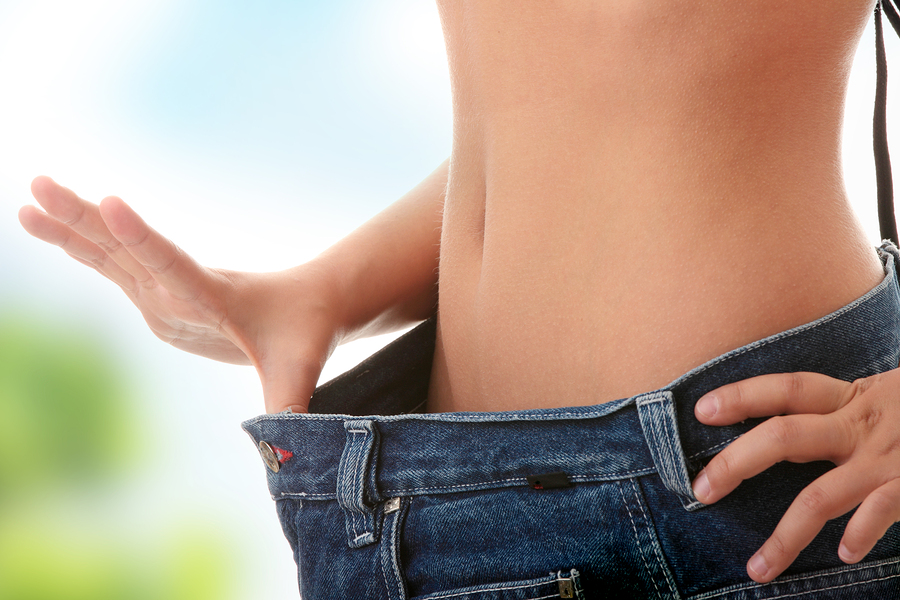According to a new study, poop has a lot to do with weight loss. These new findings could change the way people choose a diet.
Losing weight is one of the most common goals, but it is not an easy one. There are a lot of things to consider such as exercise and dieting. According to new research from the University of Copenhagen, the Technical University of Denmark, the Steno Diabetes Center Copenhagen, and Gelesis Inc. the bacteria in people’s guts might have an important role in preventing or accelerating the loss of weight.

“Human intestinal bacteria have been linked to the increasing prevalence of overweight and obesity, and scientists have started to investigate whether the intestinal bacteria can play a role in the treatment of overweight. But it is only now that we have a breakthrough demonstrating that certain bacterial species play a decisive role in weight regulation and weight loss” says Professor Arne Astrup, Head of the Department of Nutrition, Exercise and Sports at the University of Copenhagen, Denmark.
The poop that makes you lose weight
Practitioners and scientists know they can know a lot about a person’s health and habits by analyzing their poop. However, there hasn’t been a study about the impact that poop has on obesity and weight loss. This new survey from the University of Copenhagen came up with the two bacteria that can help people stop being overweight. They analyzed the proportion of the Prevotella and Bacteroides in the guts of 62 participants who were overweight. They arbitrarily selected those who would follow the New Nordic Diet (NND)- which is high in fiber and whole-grains – or an Average Danish Diet (ADD) during 26 weeks.
According to the results, those participants who were on the high fiber diet (New Nordic Diet) lost on average 3.15 kg (or 6.94 pounds) more than those who followed the ADD if their poop had a high Prevotella to Bacteroides ratio. On the other hand, the diets didn’t have a significant difference for the participants with low Prevotella to Bacteroides ratios.
From these data, scientists concluded that according to the proportion of bacteria in the guts, people react differently to diets. The study was published in the International Journal of Obesity.
Analyzing poop might give a twist to nutritional guidance
These results cannot predict the reaction of people to a particular diet, but it evidences that there is so much more to think about when people want to lose weight than just cutting some carbs from the diet. The bacteria in the guts help people to break down and absorb food, which means that two people don’t react the same way to the same food. Maybe in the future, we’ll see that nutritionists take poop into account to help people in their lose weight by giving them a personalized diet that takes into account the gut’s bacteria.
“This is a major step forward in personalized nutritional guidance. Guidance based on this knowledge of intestinal bacteria will most likely be more effective than the “one size fits all” approach that often characterizes dietary recommendations and dietary guidance,” says Assistant Professor Mads Fiil Hjorth.
Source: Forbes
